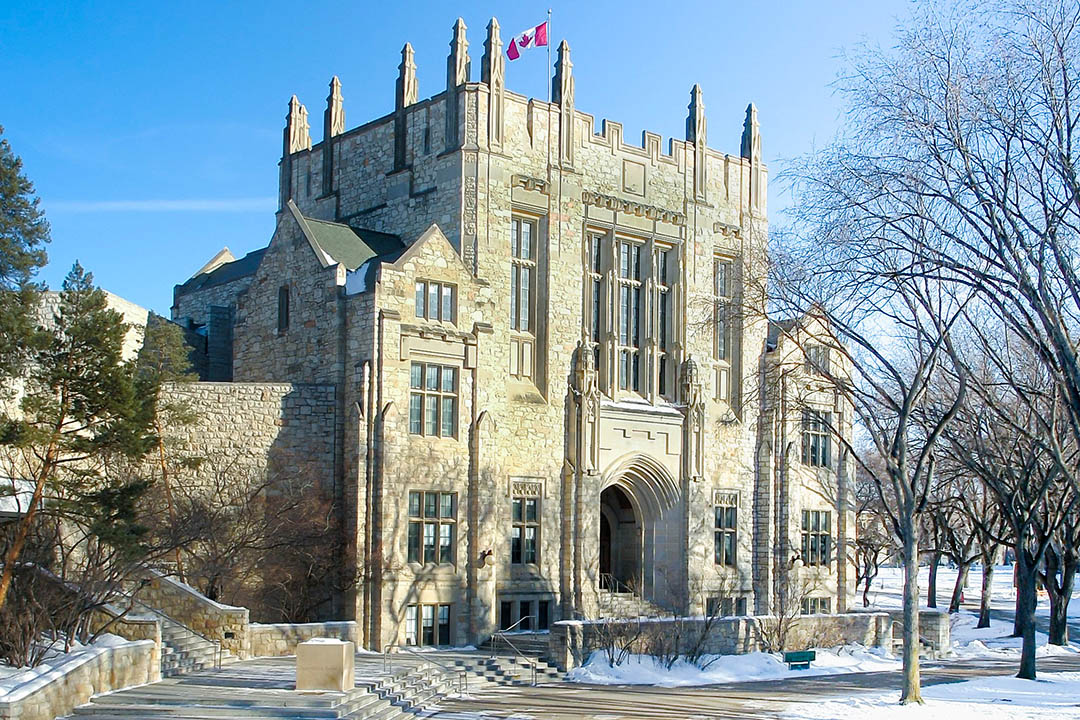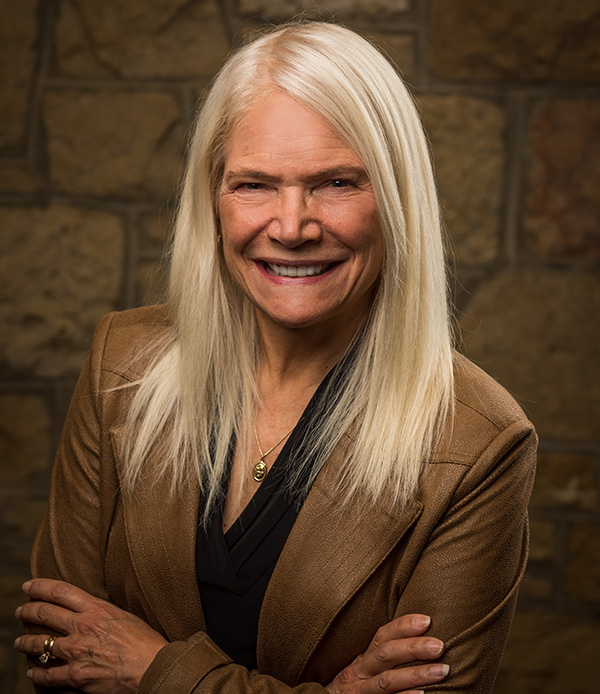
Post-Pandemic Shift Project: Focused on the future
What will the post-pandemic world look like for the University of Saskatchewan (USask)?
By James ShewagaOne year into the global health crisis, USask’s new Post-Pandemic Shift Project (PPSP) is looking for answers.

“We are at a point of tectonic shift in the world today, a moment in time when everything after will be different than everything before,” said USask Vice-President, University Relations, Debra Pozega Osburn, tasked with leading the university’s extensive external consultations to help set the stage for post-pandemic changes on campus.
“We are all having different experiences. The way we do things, the way we think about things—our lives are changing, and we need to learn about that as a university to help inform our decisions in the weeks and months and years ahead. We want to learn how people’s expectations have changed. It is really a path to learning, and the more we learn, the better decisions we can make to determine how we can be the best university we can be as we emerge into the post-pandemic world.”
Pozega Osburn leads one of two teams working to engage in important conversations about the post-pandemic future. Her team has connected with USask alumni and Senate members, leaders in public education, business and government, as well as Indigenous and other community leaders and stakeholders in order to paint a picture of how day-to-day life has changed at work and at home during the pandemic, and what challenges and opportunities lie ahead.
“Global events like this open a portal to the future,” she said. “That portal is open and you have to go through it, you can’t just stay on this side of it because the future is on the other side, and we all need to move towards whatever that future is. This post-pandemic shift project allows us to influence what is on the other side. I am really impressed with the university’s commitment to changing in the way that it needs to change, in order to be the best university it can be for the communities we serve, as we emerge from the pandemic.”
Another project team, a designated PPSP commission, will bring the expertise and connections of university faculty, staff and students to the table to explore possibilities for USask’s post-pandemic future.
Among areas the commission is exploring is the renewed impact of the university’s research mission—highlighted by on-campus COVID-19 vaccine and therapeutics development garnering national headlines—and USask’s dedication to developing the leaders of tomorrow. The successful shift for USask employees to working from home during the pandemic has also opened the door to potentially changing how the work week looks for some staff members, in addition to refocusing how the university prepares the next generation of students for an ever-changing workforce.
Pozega Osburn also noted how well faculty and students adjusted to remote teaching and learning during the pandemic, for the health and safety of the campus community. That success may open the door to expanding USask’s online course offerings to reach more northern and international students.
“We have learned that we can be very nimble, that we could essentially move the university into an online space in three to five days. There would have been a lot of people who would have said that was just not feasible,” she said. “So we’ve seen that we are very focused on what our mission is. We prioritized teaching and learning, and research. And we did that while putting the health and wellness of the community first.”
The data gathered by Pozega Osburn’s team will be discussed and dissected by the members of the PPSP commission. Led by co-chairs Vince Bruni-Bossio, professor in USask’s Edwards School of Business, and Candace Wasacase-Lafferty, senior director of Indigenous initiatives at USask, the commission will now shift from external to internal consultations to gather input from the university’s academic community of faculty, students and staff.
“I am very excited to be part of this important project, which seeks to align our university with the future needs of our community partners,” said Bruni-Bossio. “By focusing beyond the pandemic, this project will help our university foster a positive and successful approach to our collective future.”
In alignment with USask’s University Plan 2025, the work of the commission is guided by the commitment to Indigenization woven throughout the strategic plan to be The University the World Needs.
“I am honoured to be a part of this work,” said Wasacase-Lafferty. “We will strive to ground ourselves in the principles of wahkotowin that teaches us our responsibilities to each other, our interconnectedness, and our kinship. It is important that we learn from this experience.”
The commission’s timeline is to collect data through the end of April, analyze results and present a final report to President Peter Stoicheff in June. The report will inform decisions moving forward to ensure the university emerges from the pandemic stronger and with renewed vigour and vision.
“This is a project that has been in formation since those first weeks when we realized the gravity of the situation in which we—and the world around us—found ourselves in, as the virus began to spread,” said Pozega Osburn. “We have expertise within this university that is some of the best in the world, from researchers to teachers to people who are immersed in engaged communities. So we have people with lots of different ideas and viewpoints to help shape how we move forward, post-pandemic.”

